Paulinho da Viola
出生 : 1942-11-12, Rio de Janeiro, Rio de Janeiro, Brazil
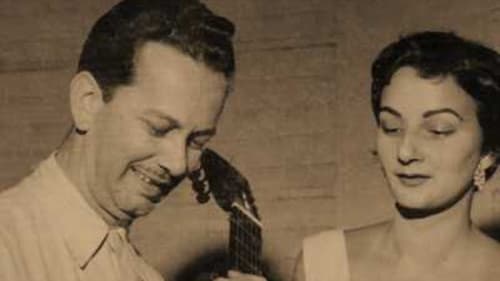
Self
A prodigy of stringed instruments, a pioneer of Bossa Nova, a modernizing master of the guitar: Aníbal Augusto Sardinha, better known as Garoto (1915-1955), is one of the hidden pillars of Brazilian music. Woven by rare archival material, personal diaries and testimonies, this documentary reveals his influence and the artistic conflicts of an avant-garde artist in the golden age of Brazilian radio.

himself
A film about the universe of Clementina de Jesus, singer revealed at the age of 63 as one of the greatest voices in the history of Samba.
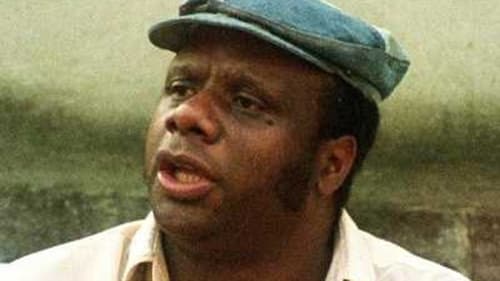
The life and work of the late samba singer-songwriter Candeia.
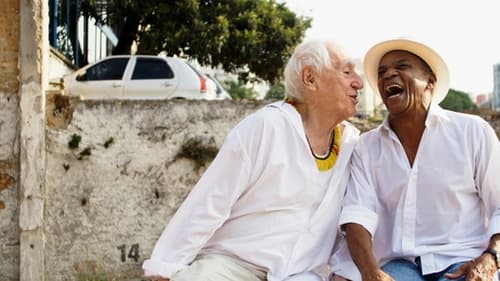
Self
This documentary investigates the aesthetic, political and existential trajectory of emblematic Black Brazilian actor Antônio Pitanga. He career spans over five decades, and he has worked with iconic Brazilian filmmakers Glauber Rocha, Cacá Diegues and Walter Lima Jr. He was a prominent figurehead and outspoken activist during the Brazilian dictatorship, a period of unrest in Brazilian cinema. Pitanga deep dives into the world of Antônio and the history of Brazil. The documentary was directed by his daughter Camila Pitanga, one of widely recognised faces in Brazilian television and cinema right now. The film is also a poem, and a tender ode to fatherhood.

Self

Participante

Orphaned by father and mother, Clara has always dreamed of building a singing career. At the age of 16, she moved to Belo Horizonte, where she won the ABC Golden Voice contest. In 1966, she recorded her first vinyl: A Adorable Voice by Clara Nunes. The approach to samba made her achieve the longed for success, in addition to international repercussion. Clara Nunes revolutionized the music industry, becoming the first woman to break the barriers imposed by the record label.

Self
The life of a famous Brazilian film and television actor, including testimonials from people who knew him and worked with him, as well as excerpts from films and videos in which he acted.

Self
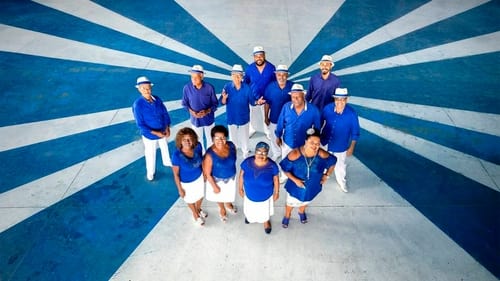
A film that depicts the everyday life and the beauty of Portela’s Old Folk – a group of veteran samba musicians who belong to one of Rio’s most revered samba schools, the one with the most first places and accolades in Rio’s Carnaval pageant. These old gentelmen’s and ladies’ musicality and poetry are unveiled through their simple, but rich and meaningful, every day life in Oswaldo Cruz, a quaint neighborhood in Rio’s North Zone, that serves both as set and as a main character in this story.

Self (archive footage)
A documentary on Brazilian trombone player Raul de Souza who, since 1996, has lived in Paris and suffers because he goes unnoticed, unrewarded in his native land. With the sound of his trombone for a background, the film takes him back to Bangu, in Rio de Janeiro, and retraces his trajectory.
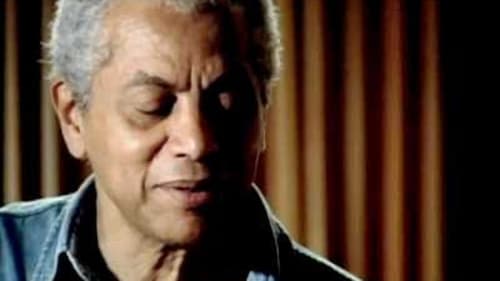
Himself
Documentary about Brazilian samba songwriter and singer Paulinho da Viola, one of the most sophisticated musicians of the genre. The film shows his biography, influences, masters and friends, as well his simple and peculiar way of life, with activities like restoring old cars, working with wood, playing billiards.

Himself
Documentary made to commemorate the centenary of the birth of the legendary Paulo Benjamin de Oliveira, Paulo da Portela.

Biographical portrait of samba dancer Nelson Sargento in Morro da Mangueira, Rio de Janeiro.

Player, Singer
The program brings a career resume of the Samba's master Paulinho da Viola playing classics of MPB like "Sinal Fechado"(Closed Signal), "Nervos de Aço" (Nerves of Steel), "Pecado Capital", "Foi um rio que passou em minha vida" (It was a river that passed in My Life), "Cantando para não chorar" (Singing for not cry) and many others.
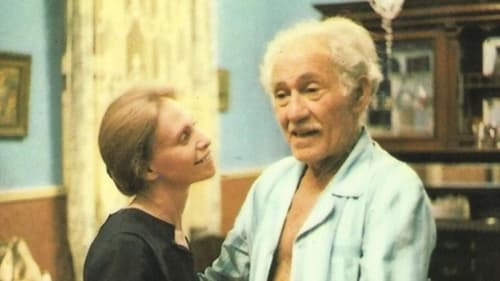
Original Music Composer
70-year-old widower living in a poor Rio de Janeiro suburb falls in love again when he finds a woman of approximately the same age.

Narrator (voice) / Self
The history of Partido-Alto, a musical subgenre derived from Samba, with roots in the batucada of Bahia.

Self
Documentary about Brazilian music circa 1969, with extremely rare scenes, such as the only color footage of Pixinguinha, images of João da Baiana, one of the fathers of Samba, Maria Bethânia rehearsing at Barroco nightclub, Baden Powell playing his acoustic guitar, Paulinho da Viola showing his masterpiece "Coisas do Mundo, Minha Nega", that he had just finished, and Márcia, a singer from São Paulo.

A man gets locked naked outside of his apartment.












